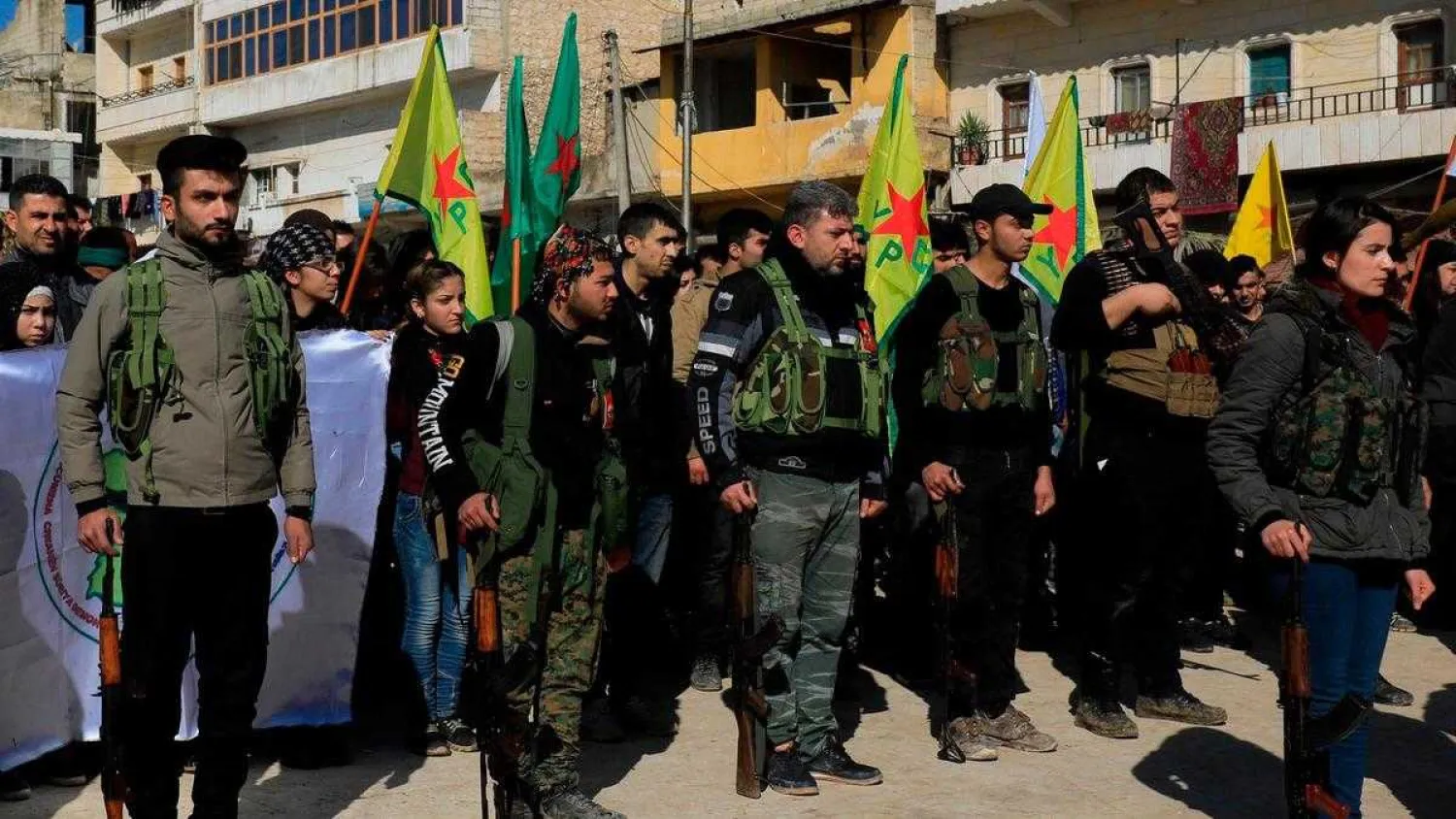Syrian Kurdish officials have proposed a “roadmap” to the guarantor Russian State demanding a series of measures from the Syrian regime in exchange for recognizing it.
In the 11-clause document, a copy of which was obtained by Asharq Al-Awsat, Kurds requested that Damascus approves their self-rule in the northeast of the country.
In return, they proposed to recognize “elected President Bashar Assad,” and the centralized state, along with its borders, flag and the army.
An official told Asharq Al-Awsat that Kurdish officials have handed over to Russia a detailed proposal including the same principles listed by top commander of the Syrian Kurdish People's Protection Units (YPG) Sipan Hemo during his two-day unofficial visit to Damascus and Moscow at the end of last year.
Kurds have demanded Moscow to act as the guarantor to any agreement with Damascus.
Hemo had visited Damascus and Moscow to make a “secret offer” on the group’s approval to hand over the border area with Turkey to the “Syrian State” in exchange for forming a local administration under Russian guarantees.
Days after US President Donald Trump’s decision to pull US forces out of Syria, Hemo traveled to the Russian military base in Hmeimim, then held a secret meeting in Damascus with Syrian intelligence chief Ali Mamlouk and Defense Minister Gen Ali Abdullah Ayoub, in the presence of a Russian military delegation.
According to the Kurdish official, the “roadmap” stipulates that Syria is a unified and centralized state with its capital Damascus, and its current international borders.
In the text, Kurds also admit that “Bashar Assad is the President of all Syrians in line with the elections held in 2014.”
It also notes that the country’s natural resources are a national wealth shared by all Syrians.
Around 90 percent of Syria's oil comes from the region that Kurds control.
The text also noted that Kurds recognize a single army for the Syria state. But the Kurds have sought to negotiate a deal for the Syrian Democratic Forces, which has 70,000 to 80,000 fighters, to be integrated in the national army.









